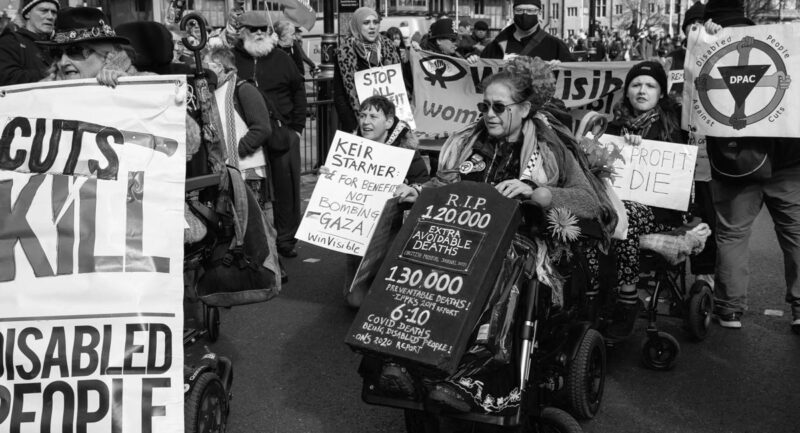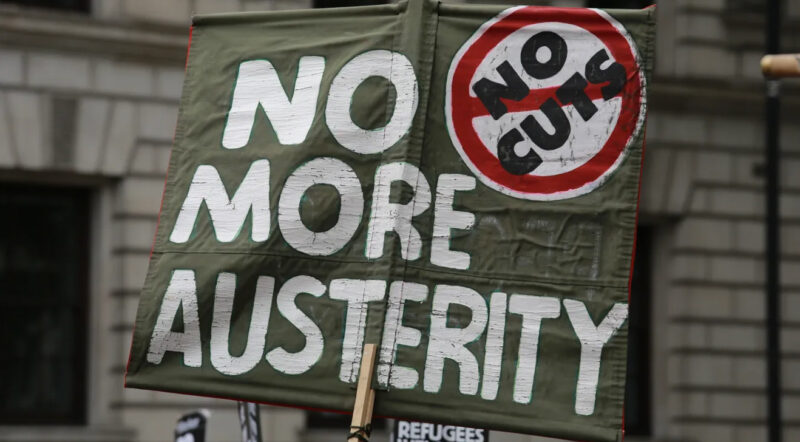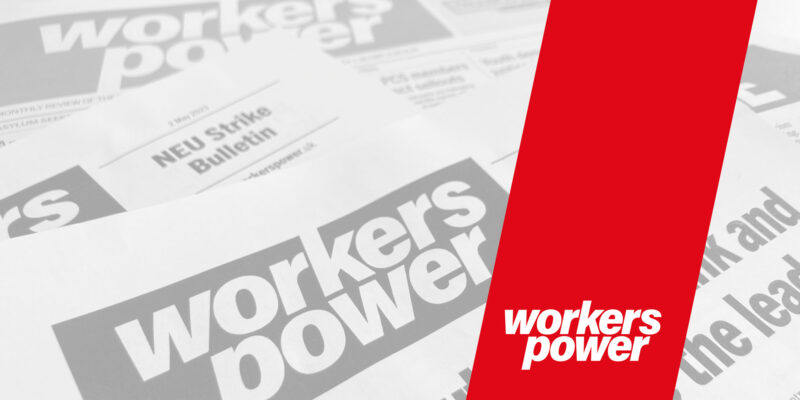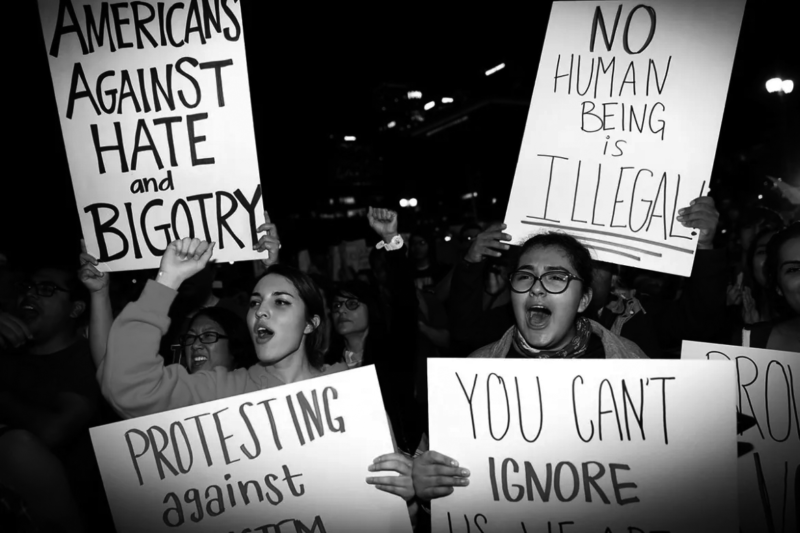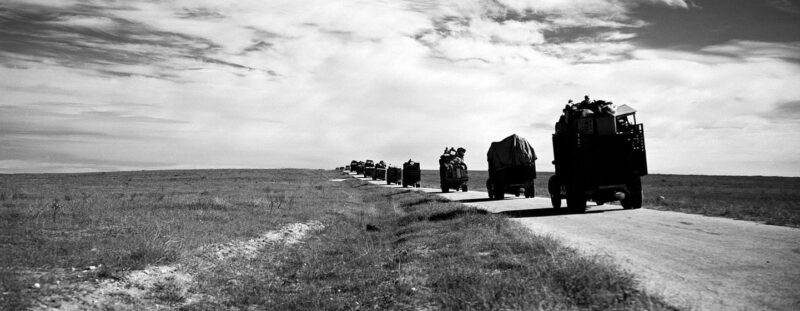Anti-austerity protests in Romania
 JANUARY HAS seen days of mass militant action against the government, as thousands of people took to the streets across Romania to protest against austerity and corruption. Clashes in many cities have seen police attack protesters with tear gas and batons.
JANUARY HAS seen days of mass militant action against the government, as thousands of people took to the streets across Romania to protest against austerity and corruption. Clashes in many cities have seen police attack protesters with tear gas and batons.
The capital Bucharest has been repeatedly filled with crowds of people angry about a 25 per cent pay cut in the public sector and an increase in sales tax from 19 to 24 per cent.
In a dramatic moment in 2010 Adrian Sobaru, a TV engineer, threw himself from the balcony of the parliament in protest against cuts to health care. Health minister Raed Arafat, a Palestinian with Romanian citizenship, resigned from the government because of the cuts, an act which triggered the protests.
One protester, who had been involved in anti-Stalinist protests in 1989 against the hated dictator Nicolae Ceausescu said, “The political class is the main culprit for the collapse of our economic system and the ills of the society.”
Popular anger is directed at the government, the state media and the IMF which provided a €20bn loan in 2009 on condition that drastic cuts were made to the state budget.
The protests so far have yet to threaten the government – for that larger mobilisations and strong working class resistance is needed to bring the economy to a halt.




